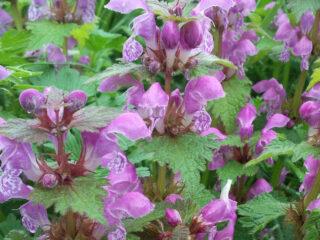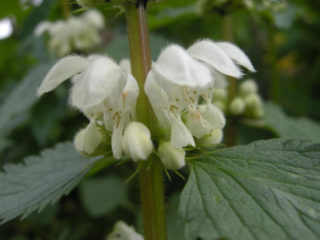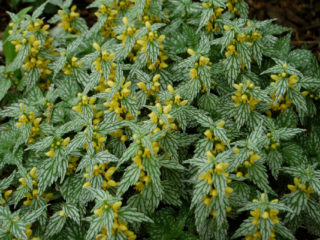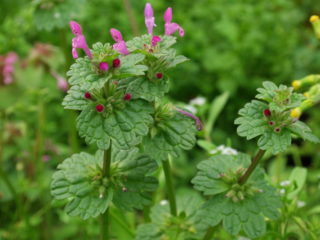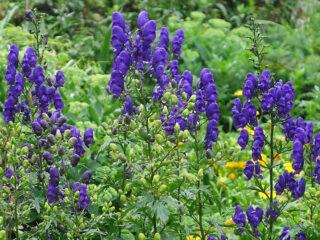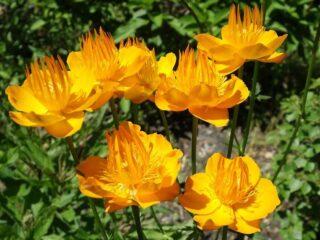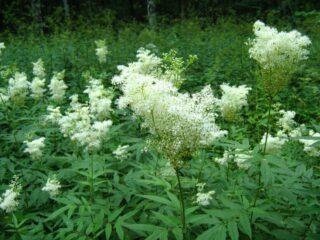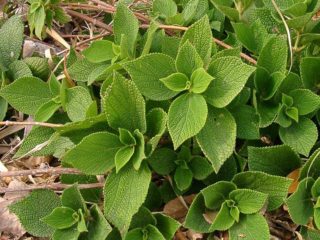Content
Purple lamb (Lamium purpureum), or red nettle, is a herbaceous medicinal plant native to Eastern Europe, which has recently been increasingly found in garden plots. Some summer residents consider the culture a weed, others specially grow it as an ornamental plant, since it remains spectacular and green throughout the spring and all summer. Also, purpurea is an excellent honey plant, has medicinal properties. In addition, the grass is completely unpretentious in care and cultivation, it can grow on any land.
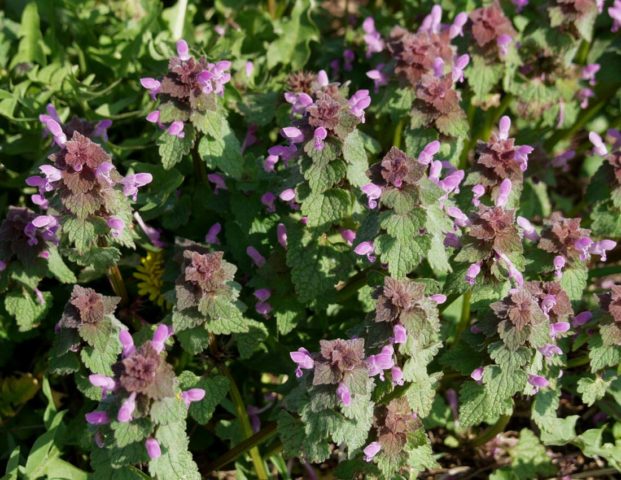
Externally, purple lamb bears a resemblance to stinging nettles
Description and characteristics
Purple lamb, description and photo of which are presented below, is a biennial plant, but some of its species can be annual. In height, the culture usually grows up to 30 cm. Stems are ascending or creeping, painted green, have a slight reddish tint. The leaves are wrinkled with many veins, covered with soft hairs. Those on top of the plant have a beautiful purple color. The flowers are located in the axils, sessile, presented in a different color palette: pink, white, purple. The flowering period is long - from April to October.
The herb has found its use in traditional medicine. Infusions and decoctions prepared on its basis are used to treat various diseases. In addition, the housewives use the plant for making herbal cocktails, filling pies, vitamin salads, making delicious green borscht.
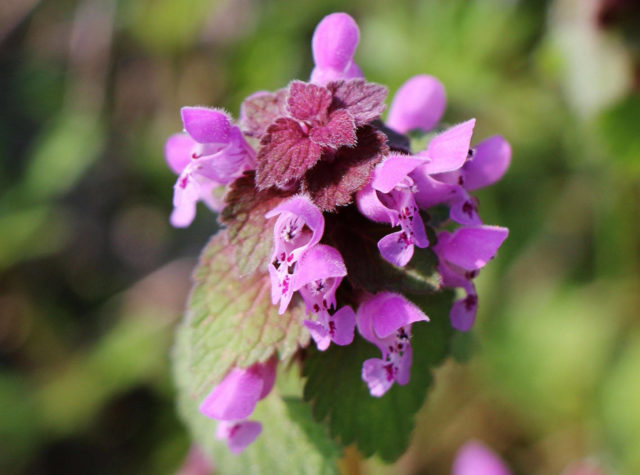
In its raw form, purple lamb tastes like spinach.
Where grows
This herbaceous plant can be found in almost all corners of our country, with the exception of cities in the Far Eastern Territory. Most often, purple lamb grows on the outskirts of ravines, not far from ditches, among sparse bushes, on forest edges, in squares and parks. Prefers calcareous, aerated, loamy soils. Lamb is common in the Caucasus, Eastern and Western Siberia, the European part of the country. It often infests vegetable and grain crops. Many consider it a weed in the garden, where it is commonly found along hedges or under trees.
When planting a purple speck, it is better to select areas located in partial shade. The soil should be loose and moist.
Medicinal properties of purpurea
A herbaceous plant contains many useful substances:
- flavonoids;
- alkaloids;
- amino acids;
- organic acids;
- saponins;
- essential oils;
- lamiin;
- tannins;
- carotene.
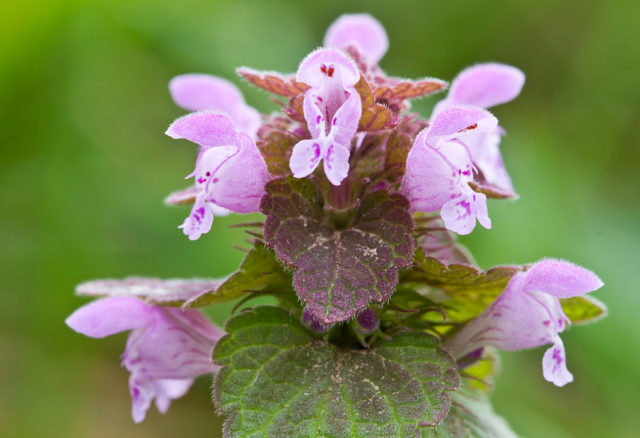
The leaves contain ascorbic, coumaric and caffeic acids
The leaves and flowers of purple ash are widely used in folk medicine. Decoctions, infusions and teas from it are used for diseases such as:
- hernia;
- cystitis;
- urethritis;
- hemorrhoids;
- tumors of different etiology;
- scrofula.
It is worth noting that the beneficial properties of purpurea are subject to active research by specialists. Despite the fact that the plant is not included in the pharmacopoeia of Russia, it has been scientifically proven that drugs based on it are used as an antihypertensive, anti-inflammatory, hypnotic and hemostatic agent.Since it contains tannins that have astringent properties, it helps in cleansing the skin from all sorts of rashes. The presence of flavonoids helps to reduce the level of blood pressure, helps to strengthen the walls of the capillaries. The plant contains mucus and has an excellent expectorant effect. Tea made from purple lamb is able to relieve colds, helps with iron deficiency in the blood, its regular use relieves women from gynecological problems and pain during menstruation. It is very effective to use the herb as a prophylactic agent for mild ailments, diseases of the digestive, circulatory and nervous systems.
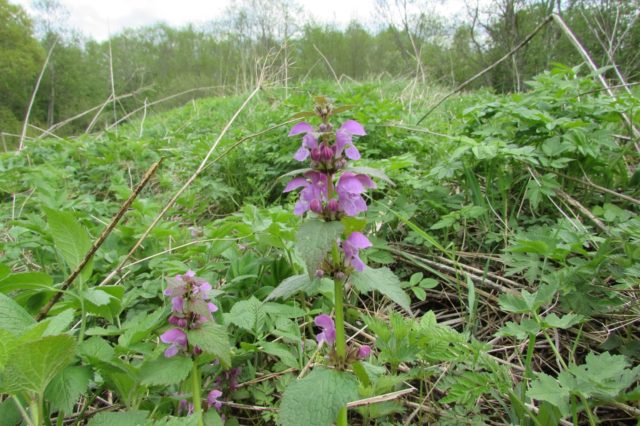
Purple lamb has a positive effect on the work of the entire human body
Traditional medicine applications and recipes
There are a large number of recipes that include purple clarity. It can be included in herbal preparations or applied separately. Most often, tea is prepared from lamb. In addition to its pleasant taste, it has a rather large list of medicinal properties. Many people advise taking it for respiratory diseases, skin problems, anemia and to increase appetite. Women use this tea for leucorrhoea and pain during menstruation. For the elderly, it will become a good sedative and help to cope with insomnia.
It is not difficult to prepare a medicinal drink, for this you should:
- Pour 200 ml of water over 2 teaspoons of purple lamb.
- Bring the solution to a boil.
- Let it brew for 5 minutes.
- Consume 2-3 cups daily.
In addition to tea, for medicinal purposes, it is allowed to use an infusion of purpurea, it is prepared according to the following recipe:
- Pour 30-40 g of herbs with one glass of boiling water.
- Leave to brew in a thermos for half an hour or in a glass container for 60 minutes.
- Strain through cheesecloth or strainer.
- Drink 2 tablespoons before meals.
It is necessary to store the infusion in the refrigerator for no more than 24 hours.
For uterine bleeding, use the following recipe:
- Pour 10 g of lamb flowers with 300 ml of high-quality vodka.
- Insist 7 days in a warm and dark place (stir daily).
- Strain.
- Take 30 drops every day.
In addition to bioactive additives, fresh crushed purple ash greens are used as compresses. It is used to treat wounds, eczema, inflammation, and pustular lesions of the skin.
Contraindications
There are no harmful or toxic substances in the composition of purpurea, therefore, the funds prepared on its basis can be drunk without fear, and they cannot be poisoned even with an overdose. True, it is recommended to use the category of people with increased blood clotting, suffering from atonic constipation and hypotension with caution. Pregnancy is an absolute contraindication to taking the "medicine" because it can increase the likelihood of miscarriage.
Also, the herb is not recommended for allergies.
Collection and procurement
It is possible to harvest purple lambs throughout the summer. If there is a lot of herbs, then usually only its blossoming inflorescences are collected, although foliage has no less benefit. For convenience, only the tops are torn off the shoots. After collecting the lamb is dried. This is done in a ventilated place, protected from direct sunlight, on a grass drying mat or regular newspaper, at temperatures up to 40 degrees. After drying, the raw materials are crushed and stored.
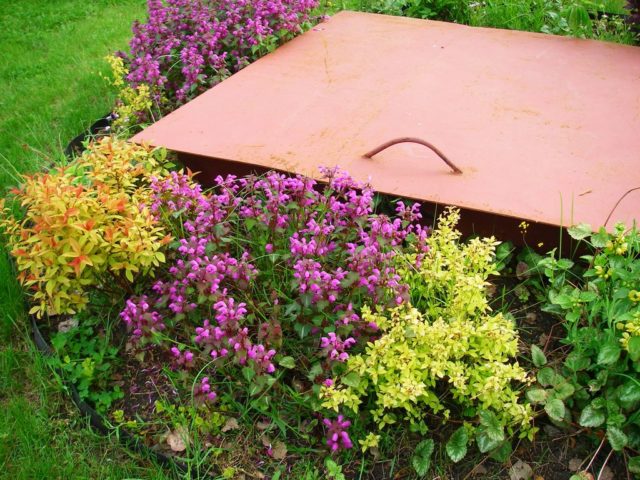
Procurement of raw materials is best done in the morning.
The collected dried flowers of purpurea should be kept in tightly closed containers or vacuum sealed.Since they have a pleasant honey aroma and taste, various insects very often grow in them. The prepared raw materials can be used for the preparation of medicines within 24 months from the date of collection.
Conclusion
Purple lamb is a plant that, in addition to its decorative qualities, has useful properties. The biologically active substances in its composition have a systemic effect on the body and have a positive effect on the work of almost all organs. Lamb is often used by herbalists in the treatment of many chronic diseases.
